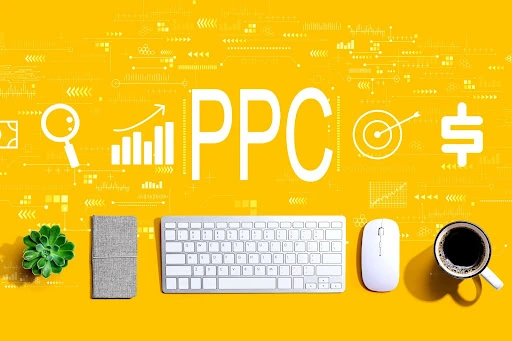

Influencer marketing and Amazon PPC are two of the most effective tools used together for growing a product-based brand today.
According to Statista, 35% of U.S. shoppers discover new products through influencers, and 74% of them make their purchase on Amazon. That means if someone sees your product on TikTok or Instagram, there’s a good chance they’ll search for it on Amazon.
In this blog, we’ll walk through how to combine influencer marketing and Amazon PPC in a way that builds brand visibility, drives conversions, and strengthens your long-term ranking strategy.
When someone sees a product on Instagram or TikTok, they may not buy it right away. But they often search for it later, especially on Amazon, where buying is fast and familiar.
That’s where PPC comes in. It makes sure your product is the first thing they see when they start searching.
When influencer campaigns bring attention and your PPC campaigns drive purchases, Amazon’s algorithm rewards you with better organic rankings.
This leads to more visibility, which leads to more sales, and the cycle continues.
Before anything else, ask: What’s your goal?
| For creating awareness | AUse smaller influencers consistently. |
| For a big launch | Work with macro influencers and run aggressive PPC. |
| For ranking with specific keywords | Pair niche influencers with targeted keyword ads |
Your goal will shape your approach to both influencer selection and ad strategy.
Not every influencer moves products. Look for creators whose followers ask questions like, “Where can I buy this?”
Check engagement. Look for product-related comments. If past posts led to actual clicks or sales, that’s a green flag.
Use the same phrases your influencer says in their content on your Amazon listing and in your ad copy.
If the creator says, “This saved me so much time,” echo that in your ad headline. Consistency helps build trust, and trust drives conversions.
When someone hears your product name in a video, they’ll often search it exactly as they heard it.
Run Sponsored Brand and Sponsored Product ads targeting:
Use Sponsored Display or DSP to reach people who visited your page after seeing the influencer’s content but didn’t buy.
Even better, use creatives inspired by the influencer’s post for retargeting.
Protect your listing by bidding on your own keywords. This keeps competitors from showing up on your product page after you’ve done the work to bring someone in.
Amazon shoppers don’t need to be impressive by polished ads all the time. Quick and help info is what keeps them hooked sustainably.
The best-performing videos usually:
Once you have good content, don’t let it sit on social media:
This keeps the influencer’s voice part of the buying experience.
Amazon Attribution lets you create special tracking links so you can see how much traffic and how many sales each influencer brings in.
This helps you invest more in what’s working and cut what isn’t.
Together, these show how well your influencer and PPC efforts are working.
Most influencer traffic spikes within the first 48 hours. If your ads aren’t ready, you miss the best window.
Large audiences don’t always convert. Focus on influencers with real buying power in your niche, not just likes and views.
Make sure your product is:
Even with great influencer content, a weak listing kills momentum.
Here’s how it works:
This flywheel keeps your brand growing even when a campaign ends.
Try using different influencer phrases in your ad headlines and track which ones get better click-through and conversion.
Check your Amazon Brand Analytics to find the actual search terms shoppers are using and target them directly.
Influencer marketing and Amazon PPC aren’t two separate strategies. They’re two sides of the same coin.
When you use them together, they help more people see your product, trust your brand, and make a purchase.
If you’re just starting, begin small. Try one influencer and one Amazon ad campaign. See what works, then build from there.
And if you want expert help putting it all together, Brandefyn is a great place to start. Our team knows which types of products work best with influencers and which ones don’t, so you’re not wasting time or money chasing the wrong fit.